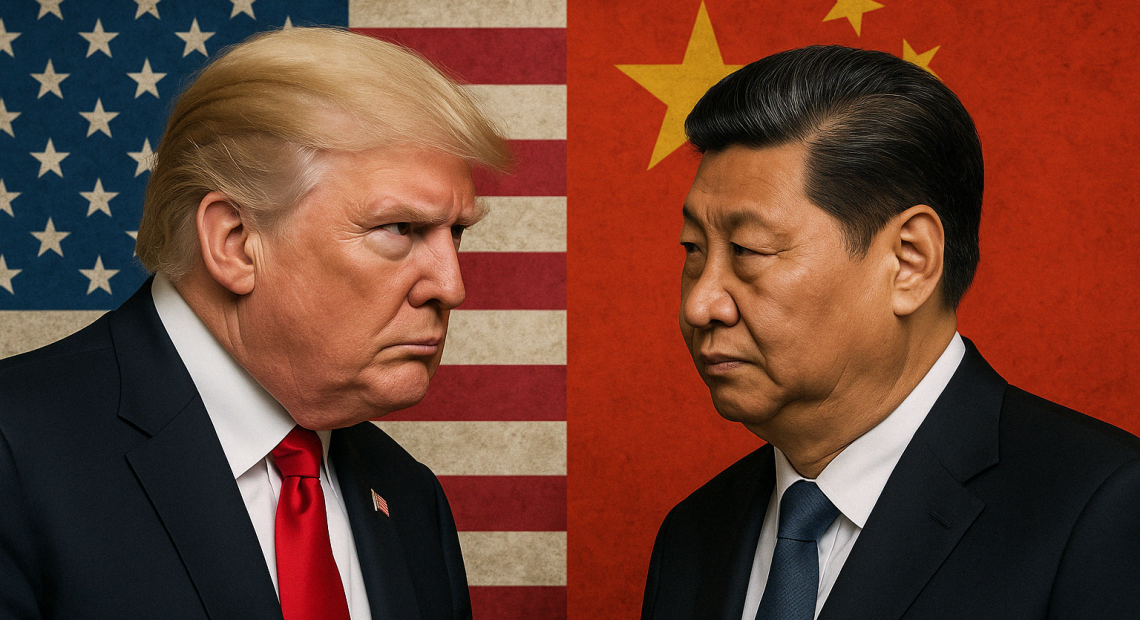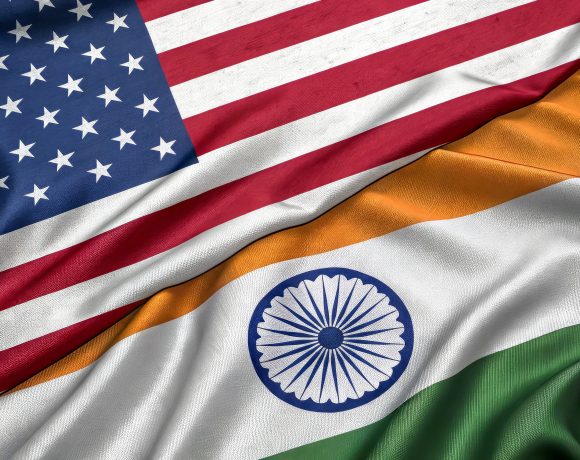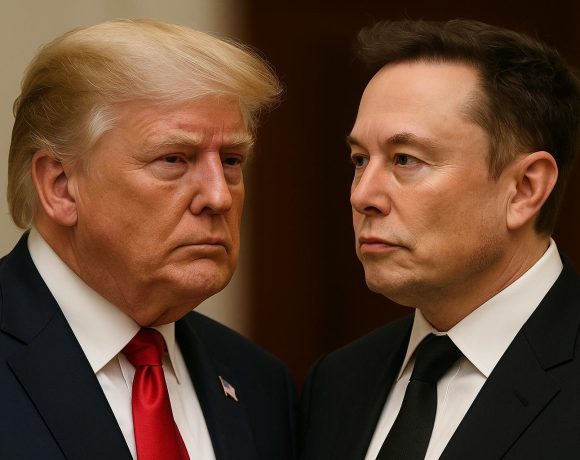
Trump Calls Xi Amid Tariff Tensions, Seeks Trade Reset
U.S. President Donald Trump and Chinese President Xi Jinping held a 90-minute phone call on June 5, 2025, amid intensifying trade tensions between the world’s two largest economies. This marks their first direct engagement since both countries dramatically raised tariffs earlier this year, triggering concerns over a full-blown trade war.
Trump described the call as “very positive” and emphasized a mutual agreement to restart formal trade negotiations in the coming weeks.
High-Level Talks Back on the Table
As part of the renewed diplomatic engagement, Trump confirmed that U.S. Treasury Secretary Scott Bessent, Commerce Secretary Howard Lutnick, and Trade Representative Jamieson Greer will lead the American side in the next round of trade talks. The decision signals a strategic pivot after months of stalled dialogue and escalating economic penalties.
Both leaders also invited each other for state visits, indicating a possible thaw in relations after a prolonged period of acrimony and retaliatory measures.
Tariff War Truce in Progress
The phone conversation follows a turbulent few months where the U.S. had imposed tariffs as high as 145% on Chinese imports, prompting China to counter with tariffs of up to 125% on American goods. Though a temporary rollback was agreed upon last month—bringing U.S. tariffs down to 30% and Chinese tariffs to 10%—negotiations quickly stalled over accusations from both sides of breaching the terms of the agreement.
This renewed contact is widely viewed as an attempt to salvage progress before deeper economic damage takes hold. Markets and multinational firms are watching closely for signs that the upcoming negotiations might restore a more stable trade framework.
Strategic Recalibration Ahead of Election Cycle
For Trump, this diplomatic outreach also plays into his broader reelection narrative of being a dealmaker who can stand tough against global adversaries while still keeping economic channels open. For China, it signals a recognition that de-escalation may serve its domestic economic goals better than prolonged confrontation.
While optimism surrounds the resumption of talks, the path to a lasting agreement remains uncertain. Structural issues such as technology transfers, IP protections, and market access are expected to dominate the agenda, along with potential timelines for tariff normalization.
For now, the Trump-Xi call has opened a new window of dialogue—fragile, but promising.


















